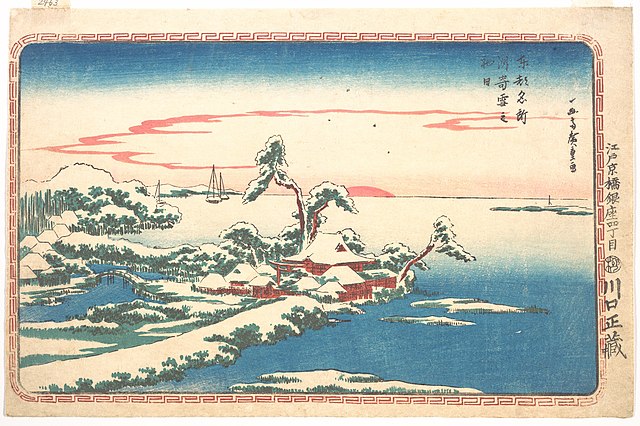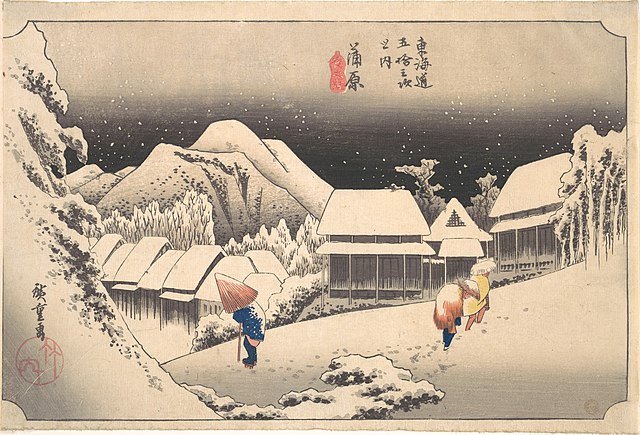
On Thursday, 26 November and Friday, 27 November, The 14th Annual Conference of the Japanese Studies Association in Thailand will be held, a virtual conference.
The Japanese Studies Conference may be useful for all Thammasat University students who are interested in Asian studies, Japanese language, history, political science, sociology, economics, and related fields.
The TU Library collection owns several books about different aspects of Japanese studies.
The Facebook page of the Japanese Studies Association of Thailand (JSAT), an academic forum for Japanese studies scholars and researchers from various universities and research institutes in Bangkok and other regions, announces that in close collaboration of The Faculty of Liberal Arts, Thammasat University, and Japanese Studies Center, Faculty of Humanities, Chiang Mai University, [JSAT] will organize the fourteenth, and the first of its kind, virtual online conference of Japanese Studies in Thailand, entitled “Japan in New Normal” on 26th – 27th November 2020. The purposes of the conference are to provide an academic forum for Thai scholars and researchers of Japanese Studies to exchange their knowledge and views; and to strengthen the network of Thai scholars and researchers on Japanese Studies in the country.
Everyone interested in the developments of newly researches and knowledge during the pandemic of COVID-19 in the field of social science, humanities, sociolinguistic and socio-cultural aspects of Japanese Studies in Thailand is highly welcome to attend and submit the paper for the conference. The language will be THAI or English and admission is FREE. For further details, please contact them to E-mail: jsatconference@gmail.com
TU students may be familiar with The Japan Foundation, Bangkok located in Serm-Mit Tower on Asoke-Montri Road, Bangkok.
Its website explains:
The Japan Foundation is an institution dedicated to carrying out comprehensive international cultural exchange programs throughout the world. To cultivate friendship and ties between Japan and the world, the Japan Foundation creates global opportunities to foster friendship, trust, and mutual understanding through culture, language, and dialogue.
Opened in 1974, the Japan Foundation, Bangkok has been enthusiastically implementing a diverse range of cultural activities including art, culture and society, and coordinating various programs supporting Japanese language education and Japan studies, in cooperation with the Thai fellow counterparts.
An informative article about The State of Japanese Studies on Social Science in Thailand by Professor Pasuk Phongpaichit, Professor of Economics, Chulalongkorn University, Bangkok, has been posted online.
The TU Library owns a number of books by Ajarn Pasuk.

Her article begins:
The study of Japan began in Thailand in a small way in the 1960s. It increased rapidly over the next three decades as Japan became the most significant external influence on Thailand’s economy, and a growing influence on its modern culture. Over these forty years, almost all the studies by Thai scholars concentrated on the importance of Japan for Thailand – as trade partner, as investor, as model for education, as destination for labor migrants, and as a foil for historical comparison. Only in the last fifteen years have Thai scholars begun to study Japan for itself.
In this survey, I look mainly at works on social science, with some emphasis on economics since that has been the primary focus of study, but I also look briefly at adjacent areas in the arts and humanities. The final section of the paper assesses the current situation and future prospects, based on a survey of views from leading figures in Japanese studies in Thailand.
Beginnings
The Thai elite has long been interested in Japan’s economic success from the Meiji period onwards (Chatthip, 1983). Even at the time, King Chulalongkorn employed Japanese to teach Thais about silk production, and to serve as legal experts for the government, but he did not hire any expert on industrial development strategies.
Later in 1932, when a group of reformers overthrew the absolute monarchy and introduced a parliamentary system, the reformers said they were inspired by Japan’s economic success and parliamentary democracy. When the reformers established Thammasat University in the 1930s, a Japanese professor, Shoji Ito, was invited to teach economics in the M.A. program. He wrote a text book, Economics in Depth (Setthasat Pitsadan), first published in 1935, drawing many examples from Japan’s economic growth.
Because of the closeness between Thailand and Japan in the period before World War Two, several Thais went to do graduate study in Japan. Prominent people of the time wrote books on Japan, including Sin Kamonnawin on The War between Japan and Russia, Luang Vichit Vadhakan on Japanese history in the eighth volume of his World History (Prawatisat Sakon), and the socialist intellectual Kulap Saipradit who set his famous novel, Behind the Picture, partly in Japan.
1960s: Studying Japan to understand Thailand
Thai interest in Japan was interrupted by World War Two, and revived in the 1960s after the Japanese economy recovered and began to grow even more spectacularly than before the war. Thai-Japan trade increased and Japanese investment became significant Also in this era, Thai universities began to expand. The Japanese government offered scholarships for Thai students to study for bachelor degrees in Japanese universities. The first Japanese language courses were introduced in Thammasat University in 1964 and Chulalongkorn University in 1966.
At this stage, there were no true “Japan experts.” However, a handful of scholars who had a broad interest in Asia in general devoted a significant part of their attention to Japan. Mostly they were trained at US universities. For the most part, they focused on Japan in order to know Thailand better, rather than to understand Japan for itself. The most prominent areas of study were Japan’s historical development since the Meiji era, and Japan’s economic success since the World War Two. In both cases, Japan’s experience was studied in order to compare it to that of Thailand.
The pioneers were Khien Theerawit, the Director of the Institute of Asian Studies at Chulalongkorn University, and Likhit Dhiravegin (later Associate Professor and Dean, Faculty of Political Science, Thammasat University). Both learned Japanese, and wrote mostly on politics or economic relations. Khien wrote three books on Japan: Evolution of Japanese Politics (1965), Japan’s Political System (1968) and Japan’s Foreign Policy (1968). Likhit wrote an important article on ‘Contrasting Modernization in Chulalongkorn’s Siam (1868-1910) and Meiji Japan (1867-1912)’ (1970). In addition, there was a sprinkling of works by other scholars on history, culture, religion and beliefs, such as Japanese Civilization by Pechari Sumit (1968) (Chatthip, 1983).

(All images courtesy of Wikimedia Commons)
